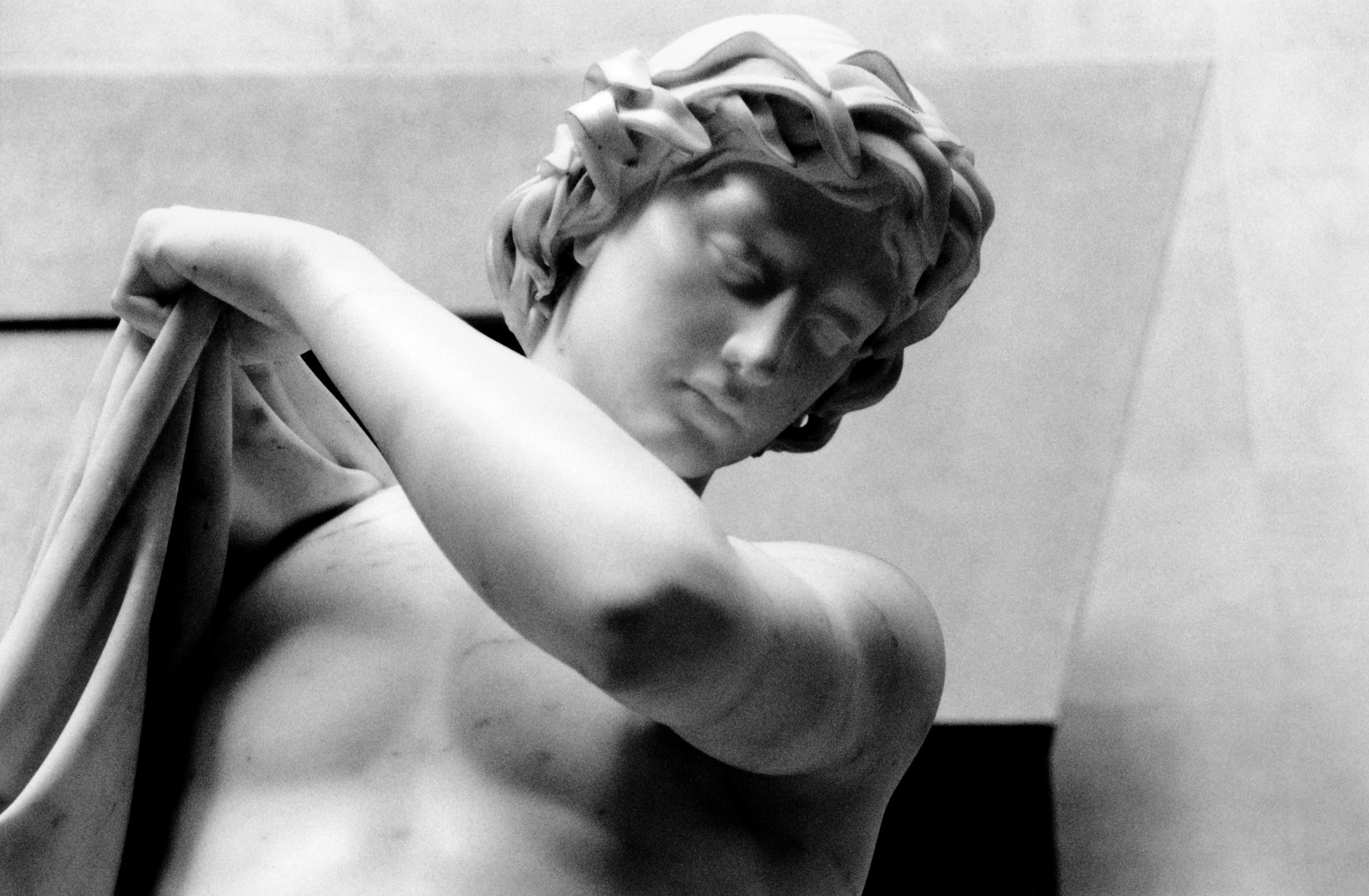In recent years, attempts at decolonizing the university curriculum have gained momentum. An increasing number of scholars believe that the embrace of Western civilization reinforces a white supremacist worldview. To the extent that Western classical education has a history that promulgates racism against non-white people and cultures, they argue that classics—a discipline involving the study of Greek and Roman literatures and cultures—needs to be reinvented, decolonized, or worse still, abolished altogether. In my opinion, this trend must not be taken too far given the abundant values that many classical plays hold to different cultures and nationalities around the world.
***
Ancient Greek playwright Sophocles’ play Antigone serves as a great example of how a “white” classical play is still tremendously relevant to contemporary world. Introducing it in a post-imperial/colonial classroom does not at all reinforce white supremacy. Rather, it exposes students of different backgrounds to relatable experiences of ancient characters of a bygone era, in doing so, enables them to discover universal principles and humanistic values that transcend cultural and national barriers.
The play tells of Oedipus’ daughter Antigone, who returns to the city of Thebes after her exile, where she attempts, with her sister Ismene, to reconcile her quarreling brothers Eteocles and Polynices. Although the brothers initially decided to rule the city jointly after Oedipus’s death, Eteocles refused to share power with Polynices after his tenure expired. When Polynices attacks the city with an army, the brothers kill each other in a duel. After becoming their uncle, Creon, became the new king, he honors the death of Eteocles but forbids the mourning and burial of Polynices whom he considers a traitor.
Upon discovering that Antigone has defied his order by burying Polynices, Creon has her arrested. He explains the order of his kingdom and urges her to obey him and marry his son Heamon, but she resists and claims the superiority of divine over human law and her brother’s entitlement to a proper burial. Creon thus sends her to the tomb to be buried alive. He later changes his mind and decides to release her, only to find out that she has hanged herself. Heamon commits suicide after learning her death, and his mother Queen Eurydice also kills herself in despair.
***
There is nothing racist or white supremacist in Antigone’s defiance in the face of authoritarianism and her courage to uphold justice and act in accordance with what is right. The idea of natural law, or that human law should be informed by natural principles of justice, found at least some of its origins in ancient Greece. In fact, this is the very idea that informed Martin Luther King’s often-quoted statement from “Letters from Birmingham Jail”: “An unjust law is no law at all.” and the nationwide Civil Rights Movement. The same idea has inspired many civil disobedience movements all over the world.
The story of Antigone transcends historical and cultural boundaries. It resonates with many people in authoritarian societies who, despite their draconian man-made laws, sought to defy the authorities by breaking those laws and by doing what they deem to be just and proper according to universal principles. Through appreciating this classical drama, one is reminded of the history of the natural law and its pervasive influences in today’s society.
The story of Antigone resonates with me on a more personal level. A few days after my father passed away in Hong Kong in my and my family’s presence, I travelled back to Vancouver before his funeral took place for the sake of attending a meeting with an academic with whom I had been working (I was not a fan of Skype). This academic, a professor in health sciences, was a passionate advocate for the people living with HIV/AIDS and her kindness and empathy shone at every meeting where those people were present. At our meeting, she reprimanded me for my subpar work quality. Apparently attributing it to a lack of dedication, she rolled her eyes at me and blurted out, “Don’t be so lazy!” Looking back, I still marvel at my ability to hold back my tears and remain calm and professional (Almost never had I been called “lazy” in my whole life; on the contrary, I have been told not to “work so hard”!)
Many people, like King Creon, obsess over politics. They self-righteously believe that they are good people because they uphold certain beliefs or dedicate themselves to certain social causes, and even allow their ideologies to dictate their lives and perceptions as they revel in their self-grandiosity. Genuinely good people show decency to colleagues and strangers from all walks of life rather than playing “Mother Teresa” only to those falling within their prescribed “victim” categories—decent and sensitive enough not to call a colleague “lazy” in her face while fully aware that her beloved just passed away.
***
Considering that many historical movements were motivated by the natural law and justice and sparked off with acts of civil disobedience by the masses, Antigone can come in handy in the teaching of different disciplines, not only literature but also law, social studies, politics, and history, in both high schools and universities. In a typical literature class, teachers may choose to focus on its aesthetic aspects. In other classes, students can be asked, for example, to reflect on whether they have acted like Antigone in the past. They can also be asked to imagine themselves as Antigone and examine alternative, safer ways to confer dignity on his dead brother while expressing her discontent with the law. This is a good way to encourage them to examine different, perhaps safer but no less heroic, ways of “playing Antigone” and resisting/reforming bad rules and regulations.
While King Creon may easily be perceived as a villain, students can also be asked to reflect on whether he is necessarily a bad guy. If so, what precisely makes him bad? If not, on what grounds might his actions be justified?
At the end, Creon’s family members all perish and his kingdom collapses. Students can be asked to imagine an alternative scenario in which Antigone refrains from burying his brother and follows Creon’s advice to marry Haemon. They can be asked to determine whether a kingdom under his reign would likely collapse despite Antigone’s compliance. They can be encouraged to draw upon history to reflect on the factors that could lead to its downfall.
***
While literary texts can be rewritten to promote respect for different cultures that were once marginalized or suppressed, such a practice, in extreme cases, be used to justify cultural relativism and the acceptance of cultural practices that go against human freedoms and dignity. Although certain practices such as slavery, which existed in the classical era, do not belong in today’s civilized society, classical dramas like Antigone, even in their present forms, speak to our souls. To try to abolish the study of a play like Antigone, or even to “decolonize” or “reinvent” it, is to deny the humanistic values and principles that bind us all.

